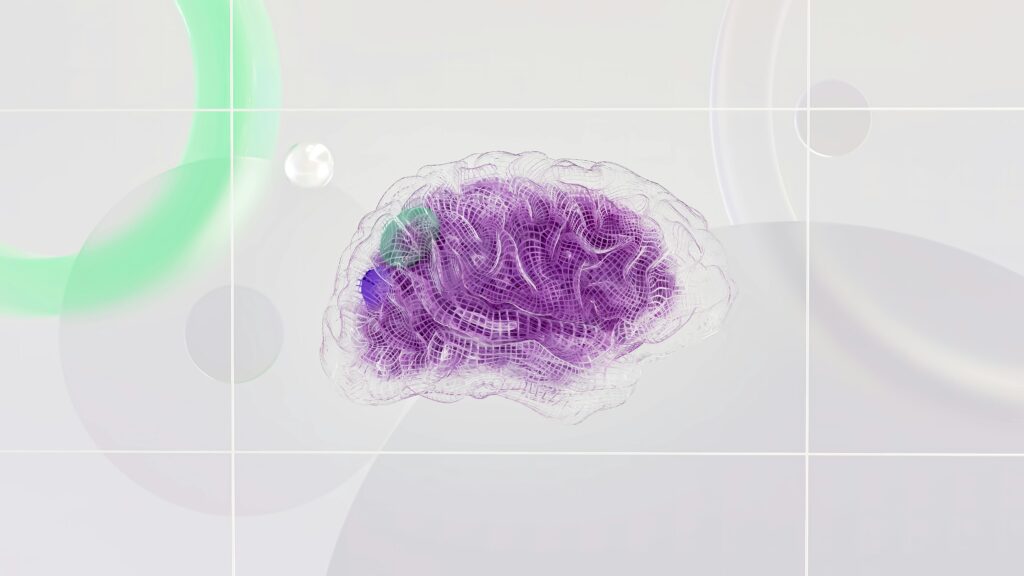What is OCD?

Featured Image by cottonbro studio, Pexels
Difference Between Obsessions & Compulsions
OCD is an abbreviation of obsessive-compulsive disorder which is a medical term used to describe a condition whereby those afflicted are tormented by reoccurring thoughts and consequent behaviours (compulsions). The obsessions thoughts can range from a variety of different things however they tend to be focused on cleaning and safety. Compulsions can take the physical form of having to tap a particular thing or having to count in 10s mentally; they can be completely inconspicuous to an outward observer. Despite the hardest efforts of those afflicted these obsessive thoughts and compulsions persist. Now, many of you may have identified with the aforementioned symptoms of OCD. However, before you diagnose yourself in such haste, I must stress that these obsessive thoughts are ones that stubbornly refuse to leave your mind and evoke intense anxiety or distress. If you still believe you have OCD more information shall be provided below regarding a diagnosis. Unfortunately, the condition causes distress to the extent that it can completely thwart one’s attempt at living an ordinary life. An extreme case of OCD was documented by Vice, the YouTube channel, in which a young teenager details her experience with the condition: she spends roughly three hours each day doing compulsions and in her younger years she had to rewrite each word 10 times before moving to the next.
What are Obsessions?
Obsessions are thoughts that give us no respite: they demand your attention continually with no care for how much they deplete our energy. These thoughts are intrusive and may afflict those with the condition at any time. In many cases, people are aware that their thoughts do not stand to reason, however it simply doesn’t leave their minds. For example, one may continually believe that they haven’t locked their front door, despite the fact they know they did, every time that they leave the house. Such thoughts cause great distress, overwhelming those that suffer. Imagine continually having the same thoughts running through your mind seemingly without end and then add onto that the distress attached to that thought each time it arises in one’s mind; OCD is absolutely damaging to its victims.
What are Compulsions?
Compulsions follow on from obsessions in the sense that they’re performed in order to quieten those obsessive thoughts within our mind. They’re an irresistible urge to do something. In the earlier example, feeling the need to come home and check whether the door has been locked would be a potential compulsion. Alternatively, they may have to call a neighbour.
Is OCD a Neurodivergence?

Image by Google DeepMind, Pexels
Most research suggests that OCD is often caused by genetics, the environment as well as certain differences in the brain which substantiates the claim that it’s neurodivergence. However, there doesn’t seem to be a conclusive answer among scientists. Some regard neurodivergence as something innate, however having specific genes does not mean that you will have OCD, which is one reason to decline it’s a neurodivergent condition.
How is OCD treated?
Fortunately, OCD is treatable and we’re able to give back power to those afflicted to live normal lives once again. A specific type of CBT (cognitive behavioural therapy) called ERP (exposure and response prevention) is employed to treat the condition. This method exposes people gradually to situations which may trigger obsessive thoughts and they will then work to prevent the usual response (compulsion) and cope with the anxiety in a healthier manner. Alternatively, some may be prescribed with medication: namely SSRs (selective serotonin reuptake inhibitors). Both CBT and medication can be used and have successfully worked to treat OCD. In addition, mindfulness practice is also a valid treatment for OCD as well as ensuring a good night’s sleep and regular exercise.
What should you do if you think you may have OCD?
If you believe you may suffer with OCD you should seek help immediately whether that be through contacting your GP or directly referring yourself to an NHS talking therapy service. Many people hesitate to ask for help because they feel somewhat shameful and embarrassed. However, this shouldn’t be the case. Health care professionals are trained to care for people and will not make fun of you. Get the help you need.
Useful links
OCD Test
How to help someone who has OCD?
What not to say to someone with OCD
Blog Author
Nathan Brown



